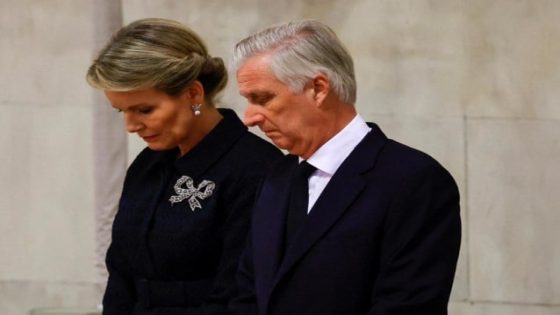The unexpected passing of Domitilla Ruffo di Calabria, a close relative of King Filip, has touched many within Belgium’s royal circles. Known for her ties to the Belgian monarchy, Domitilla passed away on 25 May 2025, just weeks after celebrating her 60th birthday on 9 May. Her death marks a poignant moment for those who follow the extended royal family’s history and connections.
- Domitilla Ruffo di Calabria unexpectedly passed away
- She celebrated 60th birthday on May 9
- Funeral held in Bosco di Paliano forest
- Domitilla inherited Italy’s first bird park
- She worked in the theater industry
- Her daughter Flavia lives and works in Brussels
Born in Rome in 1965, Domitilla was the daughter of Prince Antonello Ruffo di Calabria, the youngest brother of Queen Paola. This made her a full cousin of King Filip, linking Italy and Belgium through family and heritage. The News, reported on 4 June 2025 at 23:40:00, has sparked reflection on her life and contributions, especially given her involvement in the arts and her family’s environmental legacy.
What significance does her passing hold for Belgium, and how does it resonate with the public’s interest in royal affairs? Below is a concise summary of the key points surrounding this news.
Why does Domitilla’s death matter beyond her immediate family? It highlights the close-knit nature of European royal relations and their cultural impact. Her life bridged Italy and Belgium, showing how royal families often share more than titles. Consider these points:
- Domitilla was involved in theatre, contributing to cultural life beyond the royal sphere.
- Her family’s ownership of Bosco di Paliano, Italy’s first bird park, reflects a commitment to nature conservation.
- Her daughter Flavia’s work with RTBF in Brussels strengthens the Belgian connection.
- The funeral location symbolised the family’s environmental passions, resonating with contemporary ecological values.
As Belgium reflects on this loss, it invites a broader appreciation of the royal family’s diverse roles and their ongoing influence. How will these connections evolve in the future? Staying informed about such stories helps deepen our understanding of Belgium’s place in a wider European context.

































